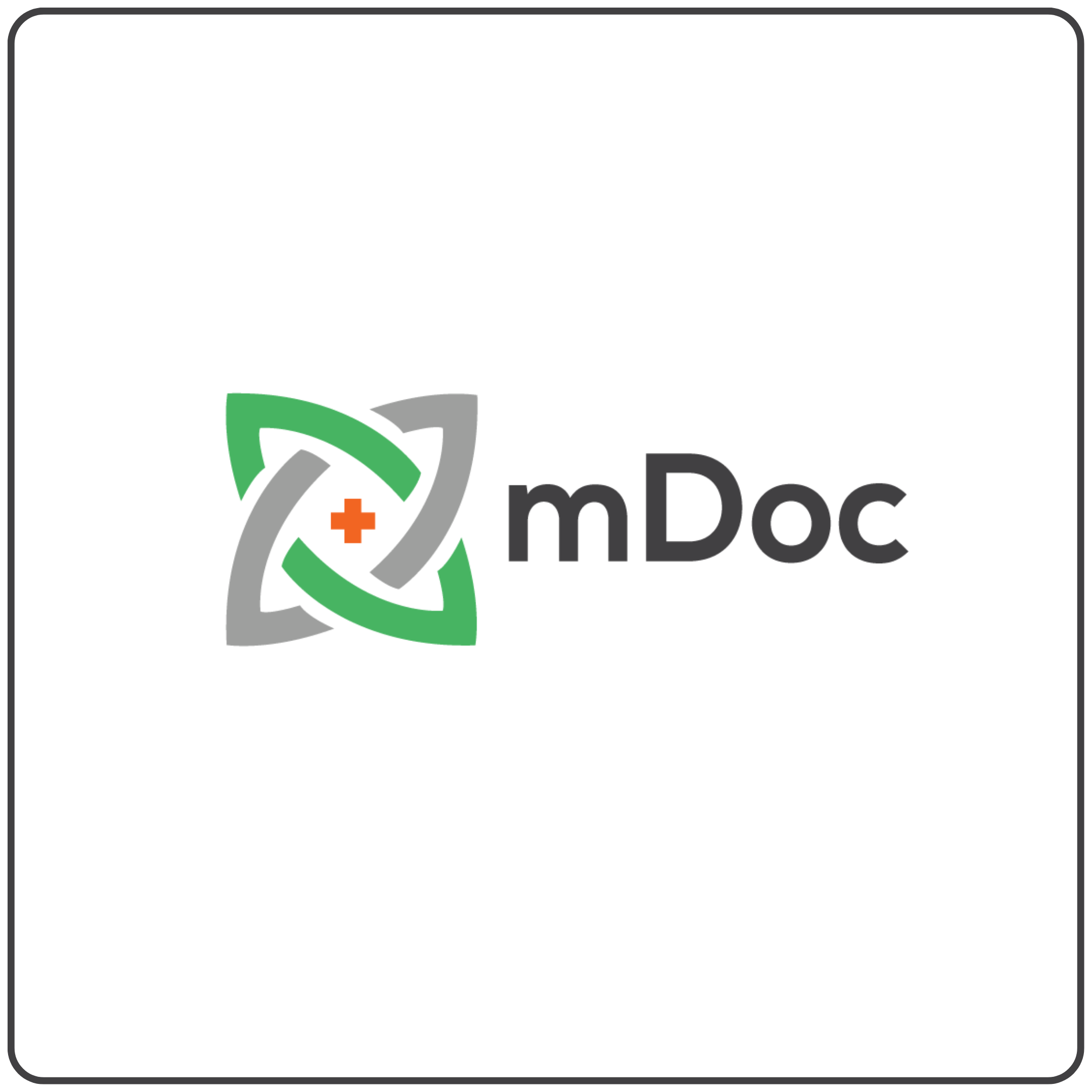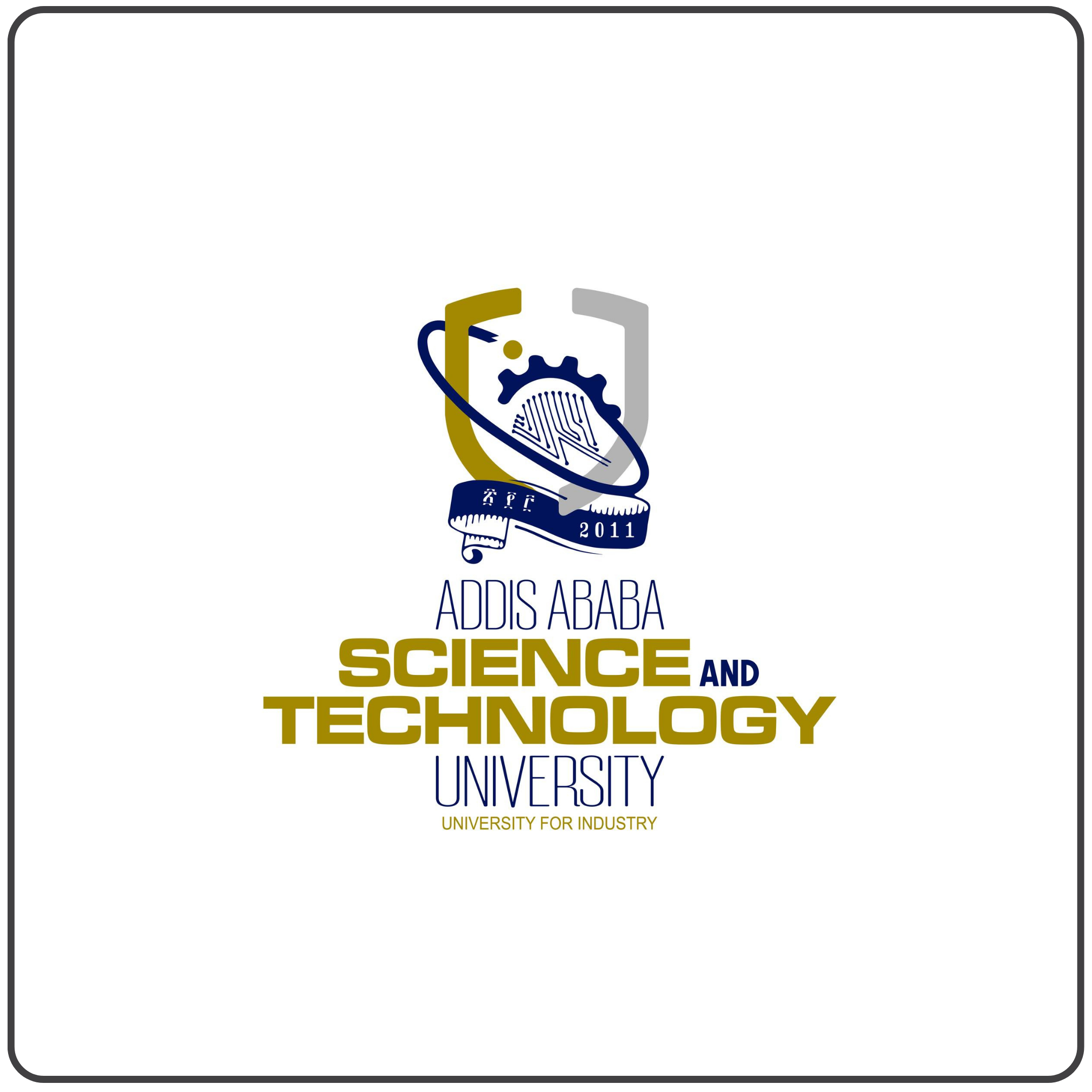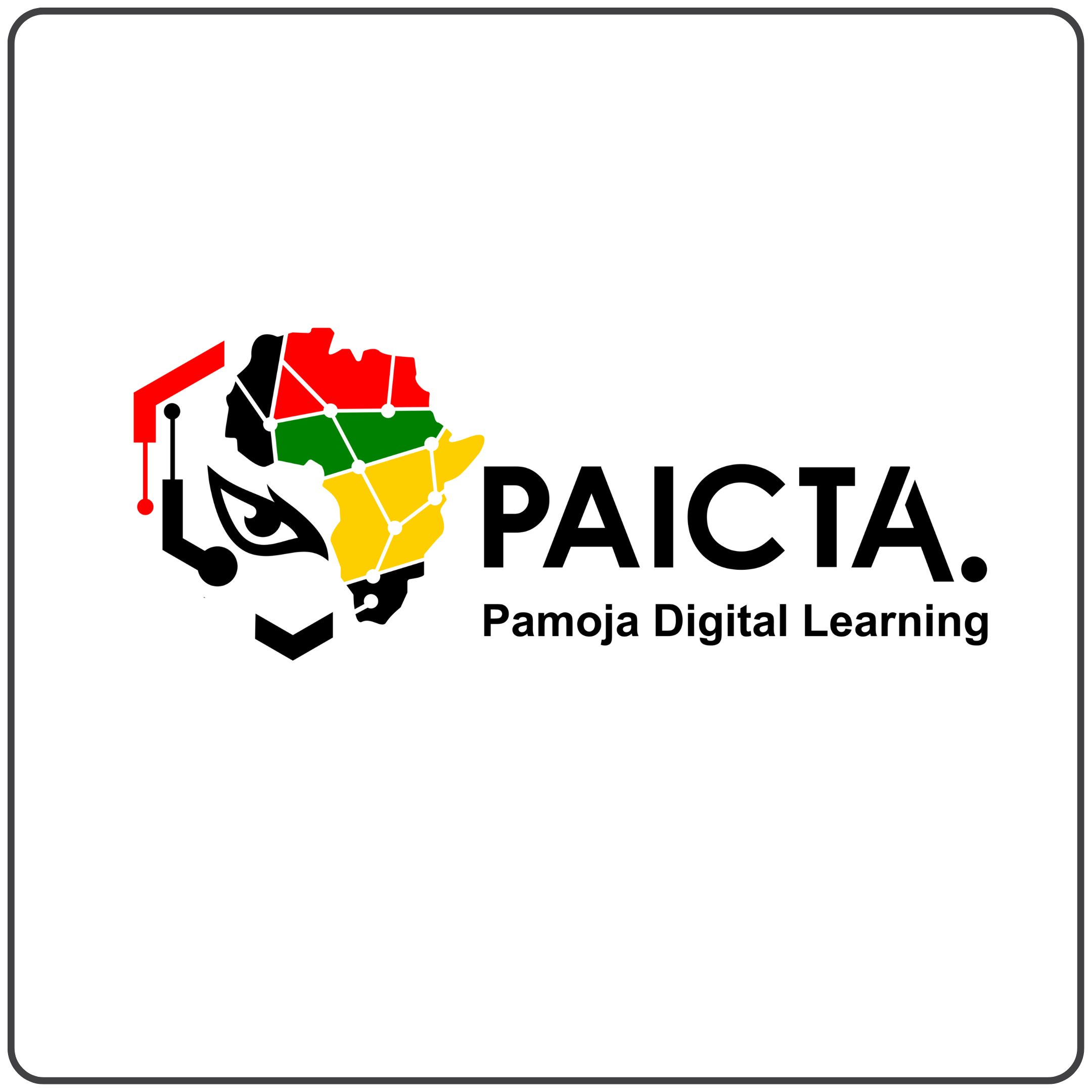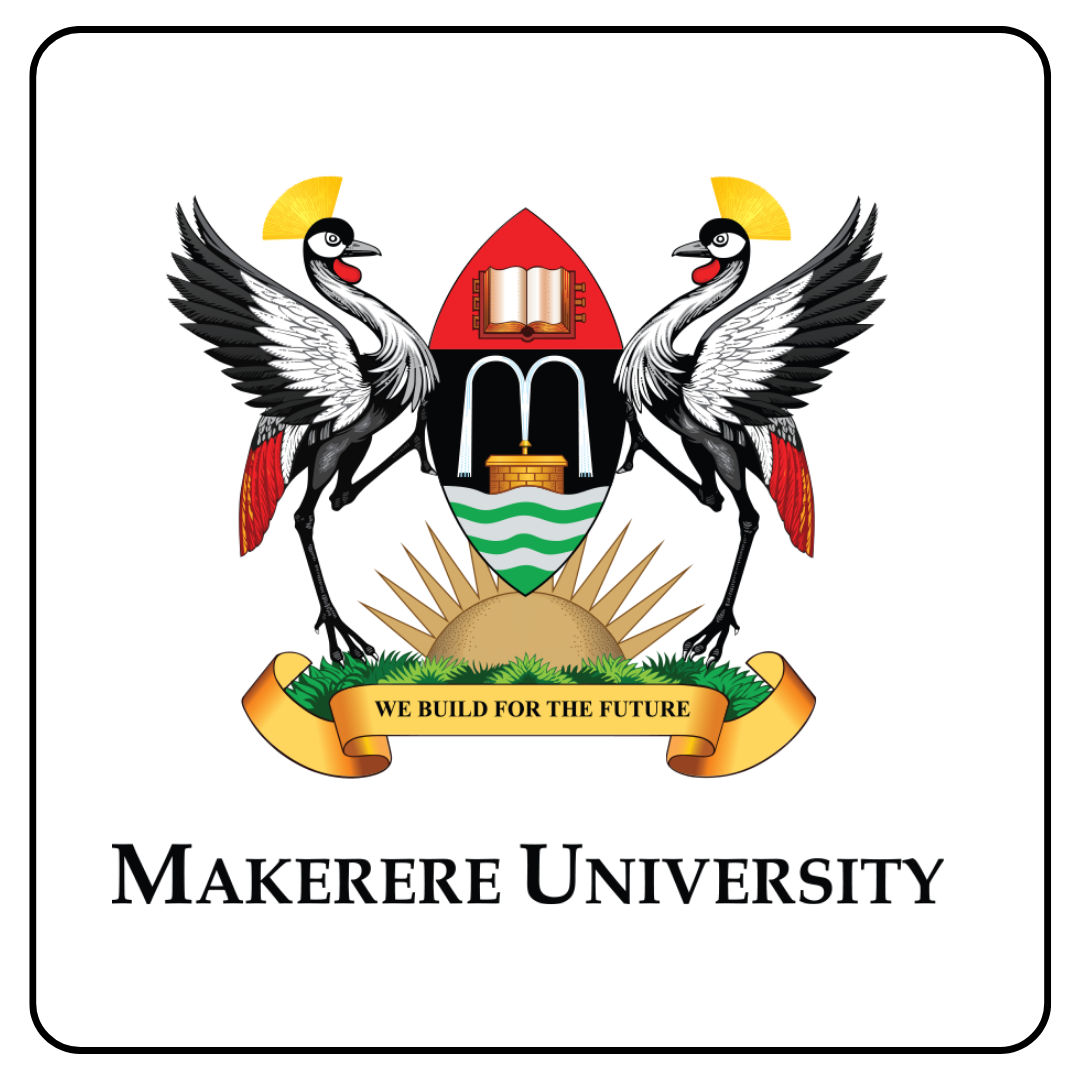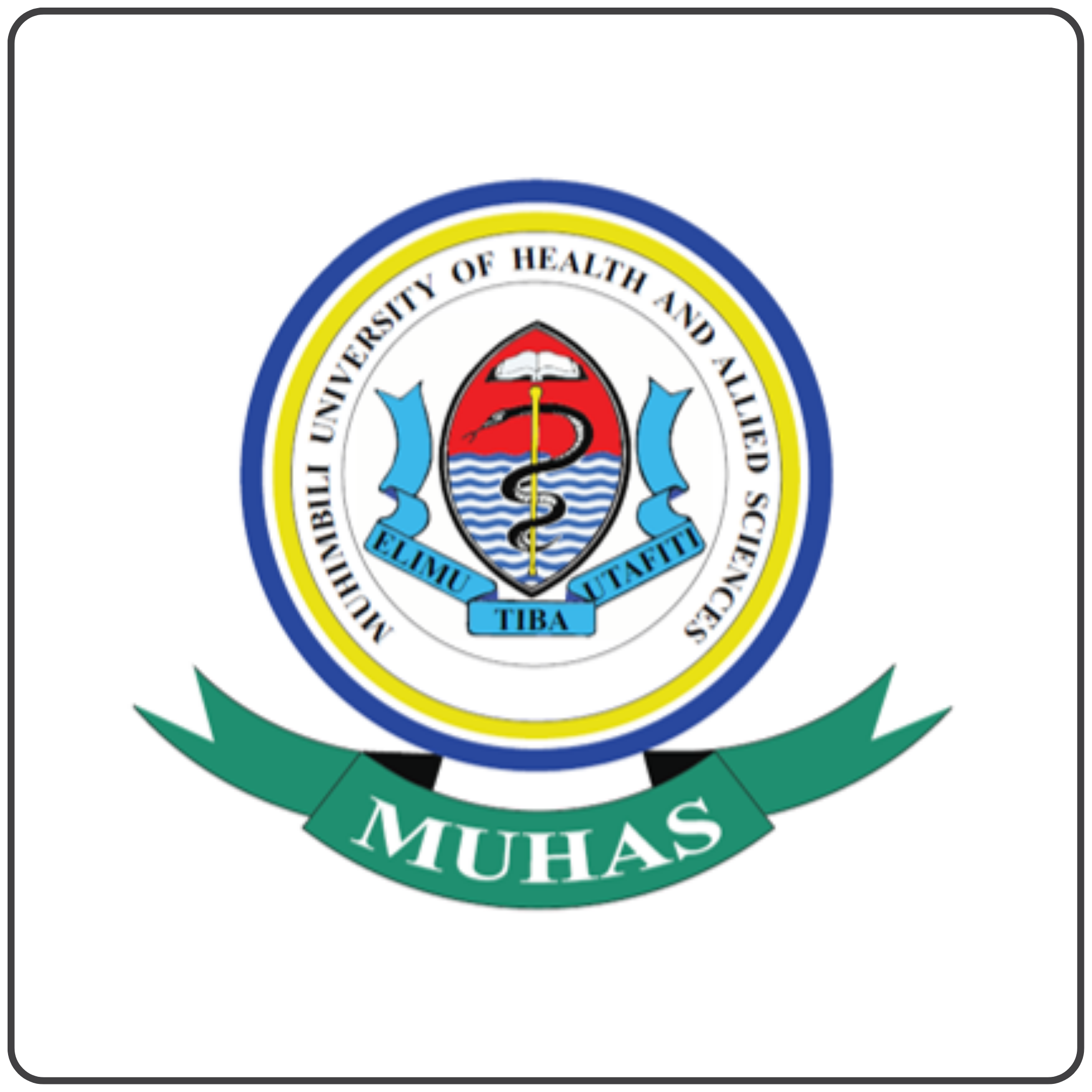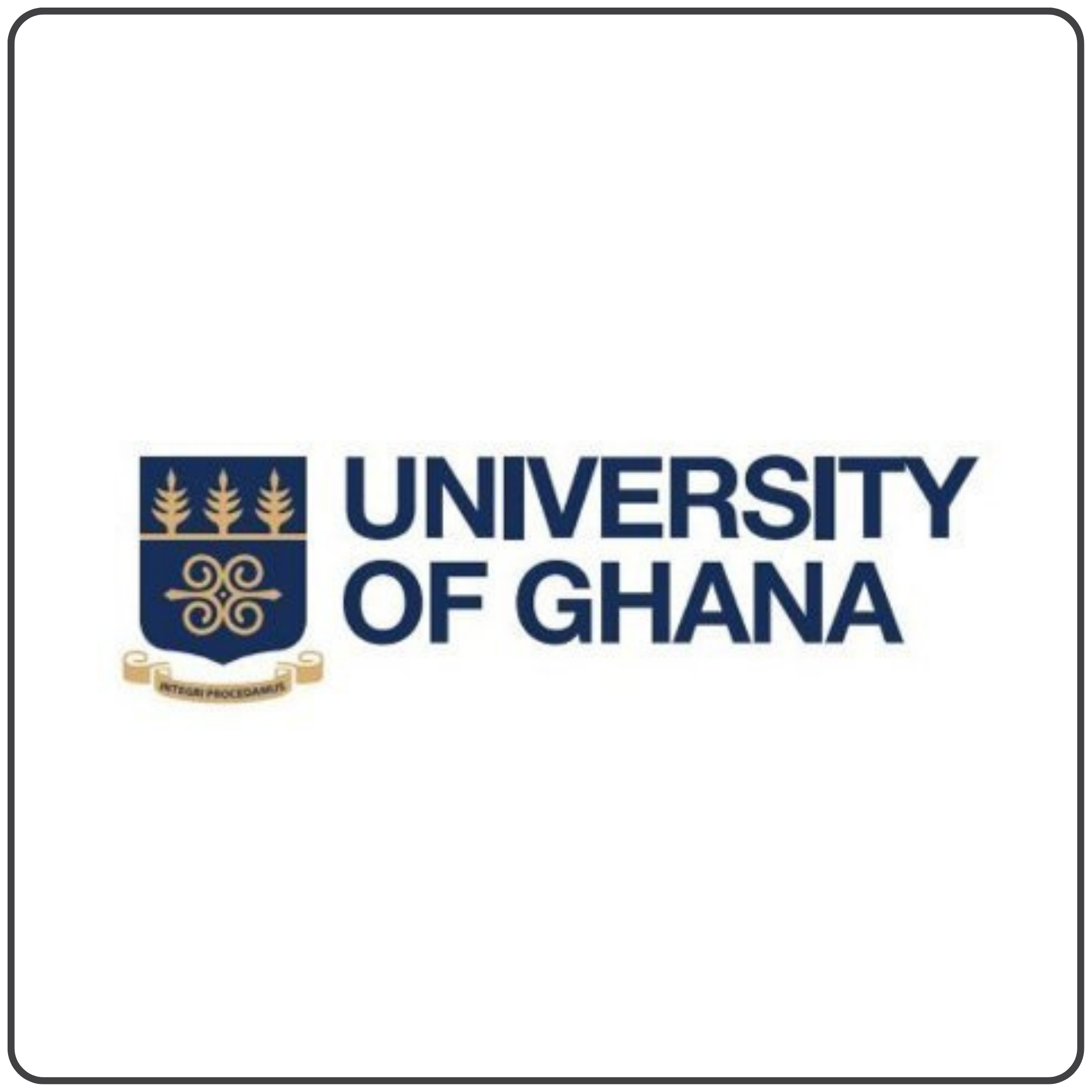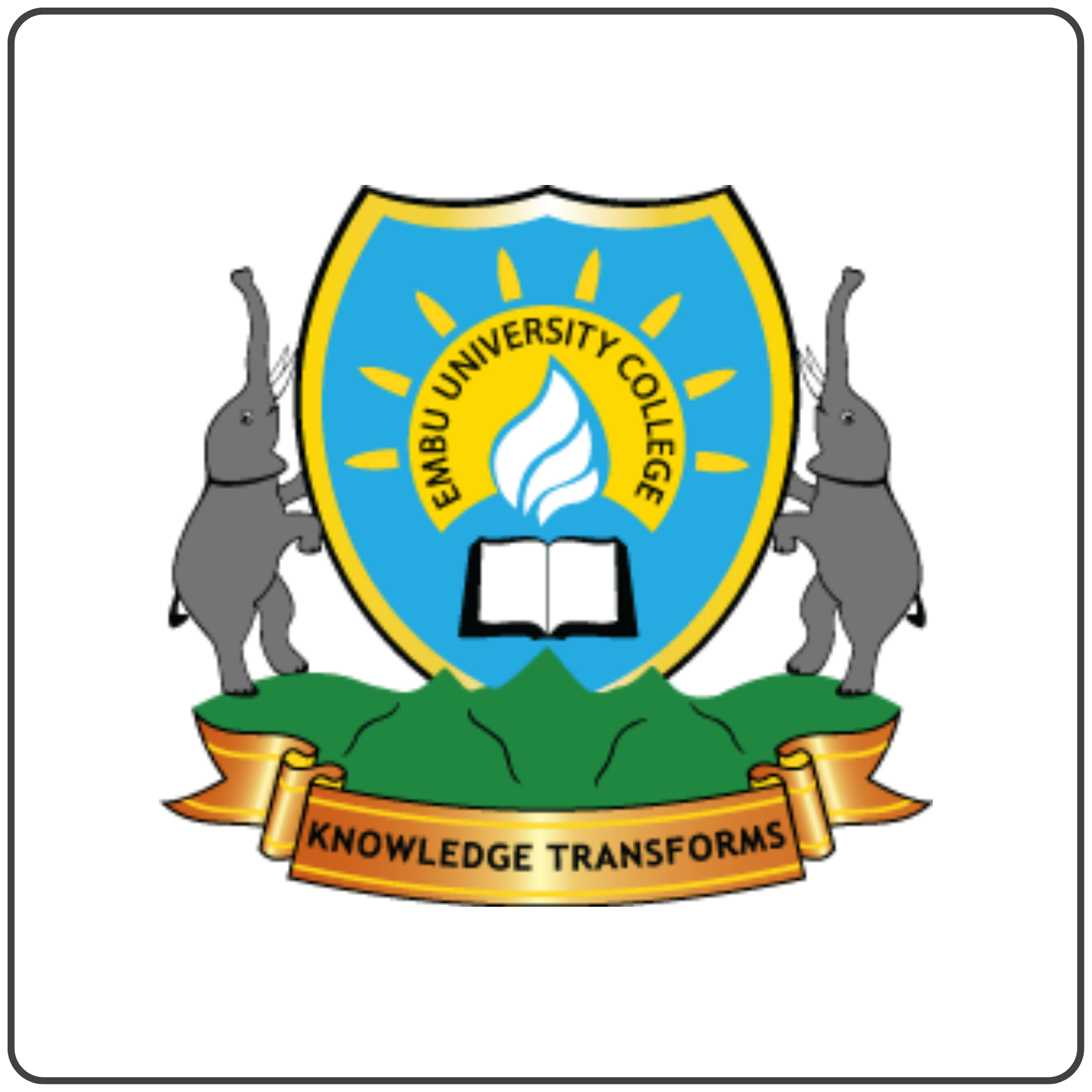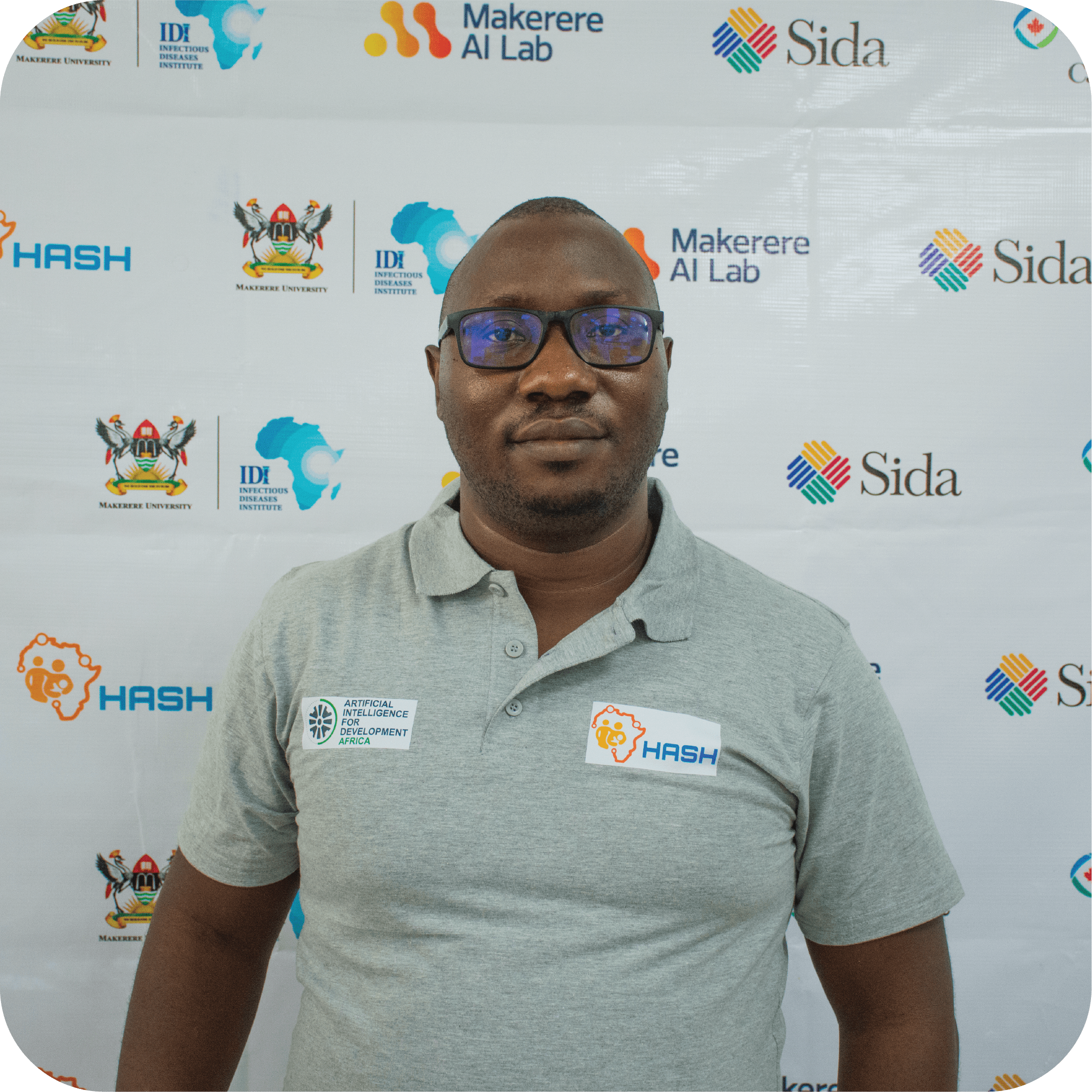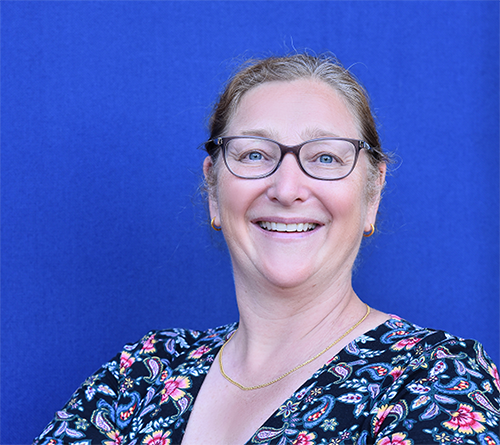 Dr Rosalind Parkes-Ratanshi Dr Rosalind Parkes-Ratanshi
Head of Hub and Consortium Principal Investigator
Dr Rosalind Parkes-Ratanshi is a Principal Research Associate (Professor equivalent) at the University of Cambridge UK, as well as holding a joint appointment as the Head of Research and Development at The Ugandan Academy for Health Innovations, based at Infectious Diseases Institute, Makerere University, Uganda. She is a clinically trained academic who has worked in Uganda since performing a Ph.D. on Cryptococcal Meningitis in PLHIV in 2004-9. Her research interests include technologies for health systems strengthening for HIV and sexually transmitted infections. She is a Fellow of the Royal College of Physicians and Faculty of Public Health of London, UK.
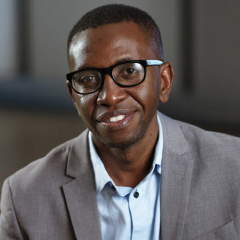
Assoc. Prof. Engineer Bainomugisha
Consortium Principal Investigator
Engineer Bainomugisha is an Associate Professor and Chair of Computer Science at Makerere University. He currently leads innovative research initiatives that aim to create and apply computational methods and tools to address prevailing world challenges. His ongoing and previous research initiatives include AirQo, Crane Cloud, COAST, iScheme, Sunbird AI, and Flute, among others. He is also actively involved in pioneering Computer Science education that is of sufficient breadth and depth, practical, and fast enough for the African continent. He has published widely in international peer-reviewed journals and conferences and supervised over 30 graduate students (completed and ongoing) including postdocs, Ph.D., and Masters from Computer Science, Software Engineering, and Health Informatics.
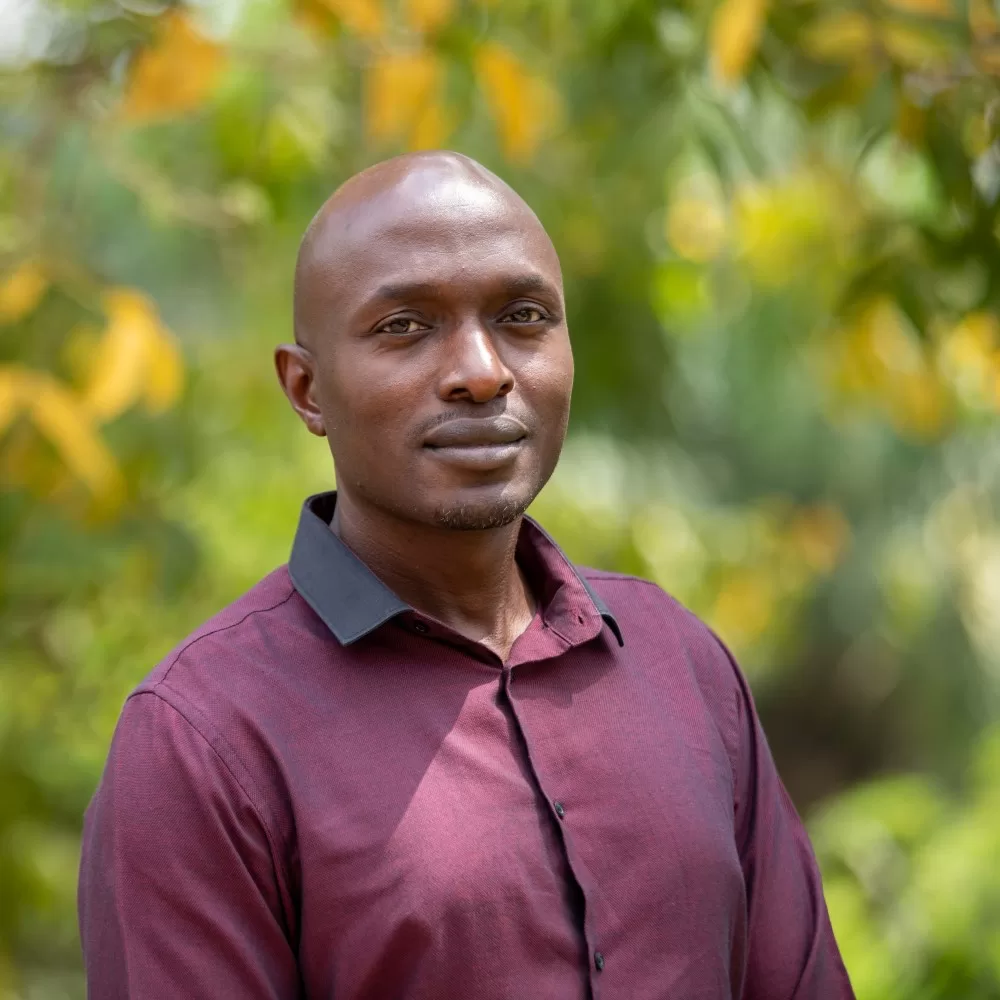
Dr Ernest Mwebaze
Consortium Principal Investigator, Theme Lead in Sexually Transmitted Infections AI
Ernest Mwebaze has had a dual career in academia and in industry. He possesses over 10 years of teaching experience in computer science and machine learning. While at Makerere University he co-founded the Makerere University Artificial Intelligence research lab leading it to prominence in the field of practical implementation and deployment of artificial intelligence solutions. In industry, he has worked at the Google AI research lab in Ghana and the UN Pulse lab in Kampala where he focused on practical applications of artificial intelligence to tackle developmental challenges in agriculture, utility estimation, and different focus areas of the SDGs. He is passionate about using artificial intelligence to improve society, particularly in developing parts of the world. He is currently a founding director of Sunbird AI.
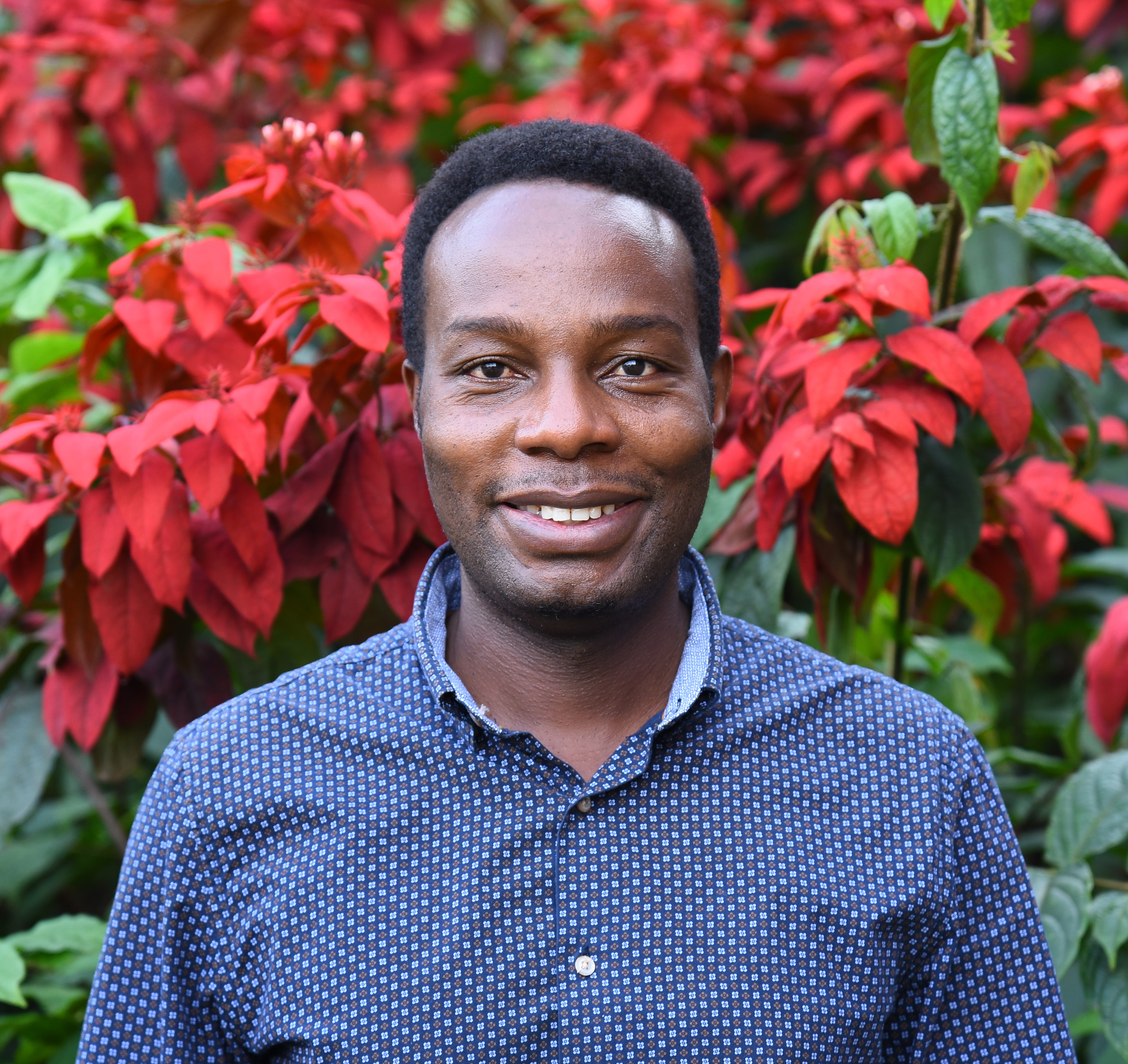 Dr Daudi Jjingo Dr Daudi Jjingo
Theme Lead – HIV Platforms
Dr Daudi Jjingo is a Principal Investigator of the NIH/Fogarty Bioinformatics training grant in Uganda and Co-Principal Investigator of the Ugandan H3BioNet node. He serves as the Director of the African Centre of Excellence (ACE) in bioinformatics and data science, whose mandate involves providing cutting-edge computational platforms for biomedical research. Dr Jjingo is a Scientist and Lecturer in the Department of Computer Science at Makerere University, where he is also a member of the Artificial Intelligence Laboratory (AI-lab). He earned his PhD in Bioinformatics as a Fulbright Scholar at the Georgia Institute of Technology in Atlanta USA, preceded by an MSc in Bioinformatics from the University of Leeds, UK, and a BSc in Biochemistry from Makerere University, Uganda. His research interests broadly lie in the application of computational tools and methods to biomedical and public health problems.
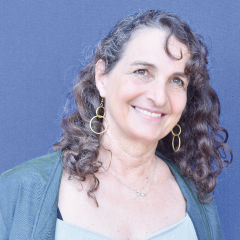
Dr Rachel King
Theme Lead – Adolescents (Vulnerable Populations)
Rachel King is a faculty member in the Institute for Global Health Sciences within the Department of Epidemiology and Biostatistics at the University of California, San Francisco. She has formal training in public health behavioural sciences and anthropology as well as over 30 years of international public health experience with expertise in HIV research and programming. She has extensive experience using qualitative and quantitative research and evaluation methods, including design and implementation of process evaluations, and social, behavioural, and longitudinal cohort studies among diverse highly vulnerable populations in Uganda.
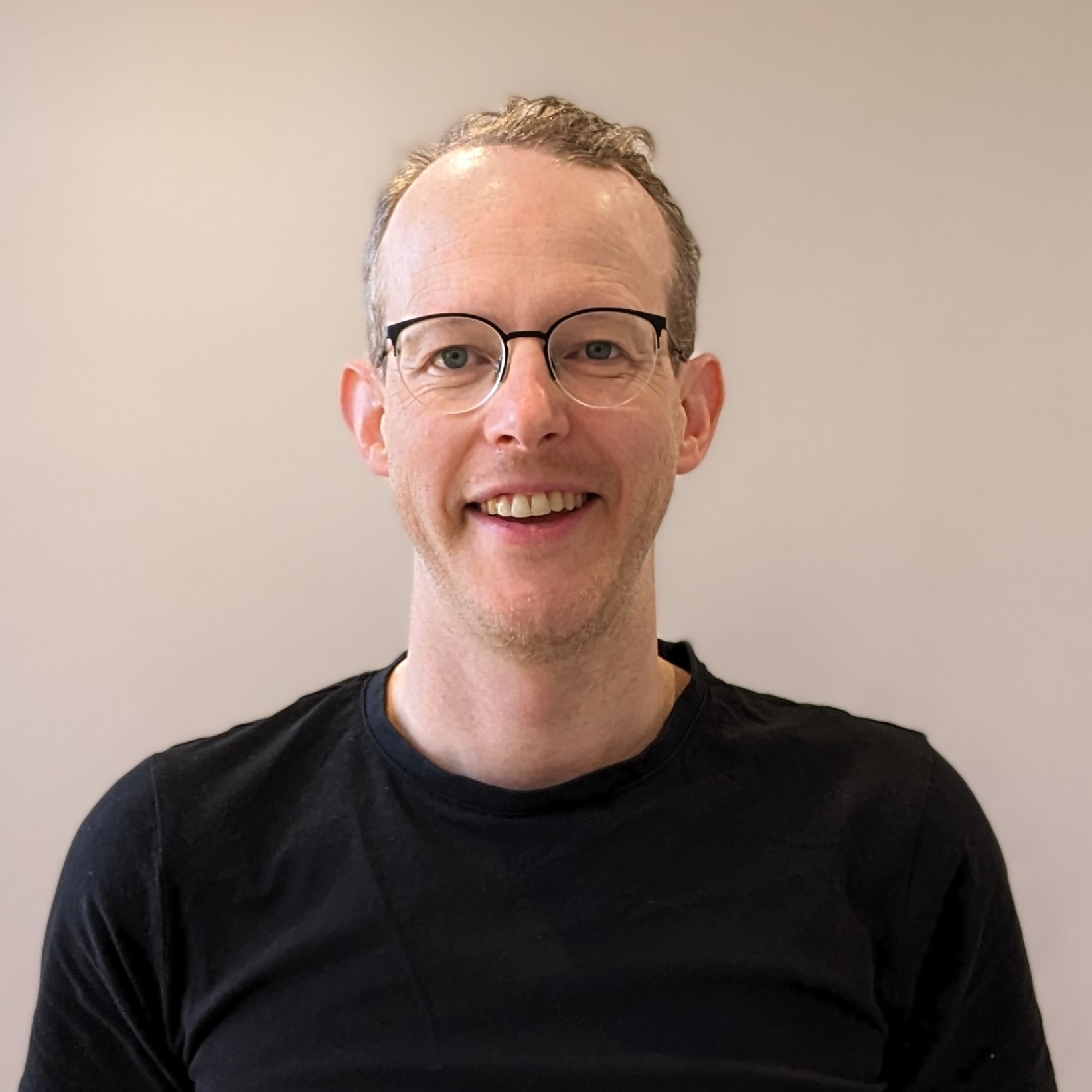
Dr John Quinn
Theme Lead - HIV, Artificial Intelligence
John Quinn has been working in Artificial Intelligence for nearly twenty years, and within Africa since joining Makerere University as a lecturer in 2007. As well as being one of the Directors of Sunbird AI, he is also a Senior Software Engineer at Google Ghana, where he currently leads a team that processes satellite imagery across the continent to add buildings and roads to Google Maps. He was previously the technical lead of Pulse Lab Kampala, where he worked on language technology for analyzing community radio as the basis of a UN early warning system, among other projects.
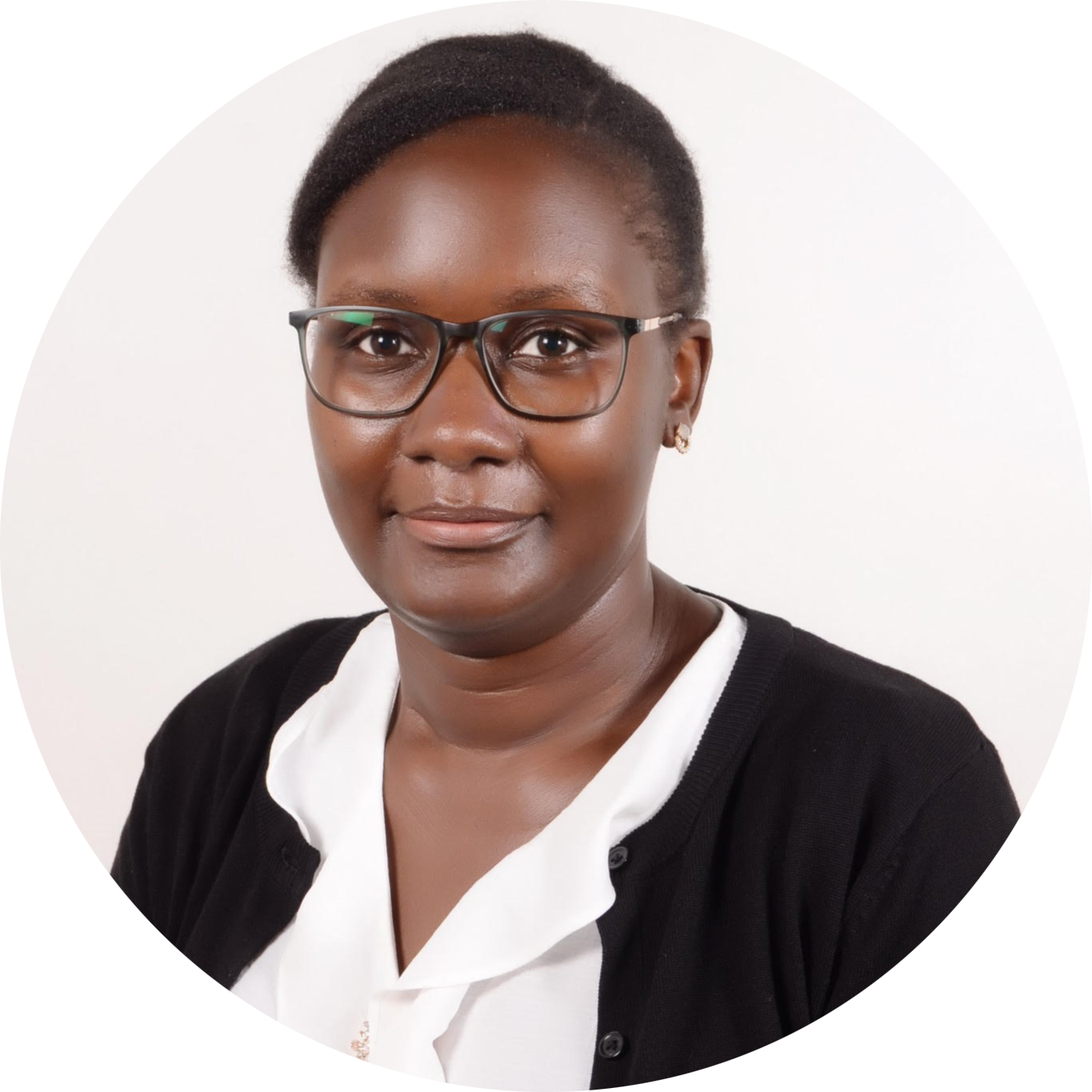
Dr Joyce Nakatumba-Nabende
Theme Lead - Vulnerable Populations, Artificial Intelligence
Joyce Nakatumba-Nabende (PhD) is a lecturer in the Department of Computer Science and also heads the Makerere Artificial Intelligence Lab. Her research interests are in Artificial Intelligence, Machine Learning, Natural Language Processing and Responsible AI. Currently, she is carrying out research in several areas including application of computer vision, machine learning and natural language processing in the areas of health and agriculture in the developing world. Through the Makerere Artificial Intelligence lab, she has been able to provide an environment to nurture and build institutional data science research training capacity for the masters, PhD and postdoc researchers. She has supervised over 20 graduate students (completed and ongoing) including postdocs, PhD, and Masters in Computer Science, Software Engineering, and Information systems.
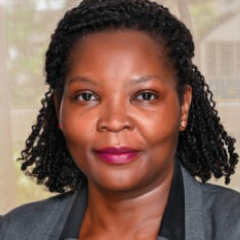
Prof. Annettee Nakimuli
Theme Lead – Maternal Health
Annettee Nakimuli is an Associate Professor of Obstetrics and Gynaecology and the Dean of the School of Medicine at Makerere University, in Uganda. She is a previous Chair of the Department of Obstetrics and Gynaecology at Makerere University and a leading maternal health researcher and also clinically active as an obstetrician. Her clinical expertise is in high-risk obstetrics and works at Mulago Specialized Women’s and Neonatal Hospital and Kawempe National Referral Hospital. Annettee trained as a medical doctor at Makerere University, Kampala, and then underwent specialist training in Obstetrics and Gynaecology at the same University. Her Ph.D. on pre-eclampsia was undertaken with mentorship from Professor Ashley Moffett at the University of Cambridge, Professor Florence Mirembe at Makerere University, Professor Pontiano Kaleebu at the Medical Research Centre (MRC) in Uganda, and Professor Alison Elliott at the MRC in Uganda/London School of Hygiene and Tropical Medicine. Prof Nakimuli’s research group’s primary research interest is pre-eclampsia, a major cause of maternal morbidity and mortality in sub-Saharan Africa. In particular, the group is interested in identifying genetic and other risk factors for pre-eclampsia in order to improve pregnancy outcomes. Her group is also interested in the functional characterization of other pregnancy complications common in Ugandan women such as fetal growth restriction, preterm birth, intrauterine fetal death, and pathogen infections during pregnancy. These studies aim at the development of tools that will improve the prediction, management, and prevention of these pregnancy complications. Annette is currently a recipient of the Calestous Juma Science Leadership Award by the Bills and Melinda Gates Foundation. She is an International Fellow at Wellcome Sanger Institute in the UK and also a FLAIR Fellow (Future Leaders-African Independent Research fellow) under the Royal Society and African Academy of Sciences. Prof Nakimuli serves on several national and international committees, including the National Safe motherhood Expert Committee (NASMEC). She also sits on various International grant review/funding committees. She currently serves as the President of the East Central and Southern Africa College of Obstetrics and Gynaecology (ECSACOG) which was established in 2017. Annettee is committed to building maternal and newborn research capacity in Africa, working with African and International colleagues.
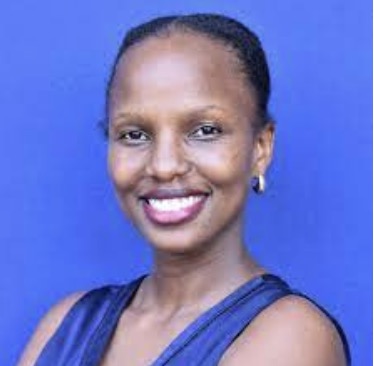
Dr. Elizabeth Oseku
Theme Lead – Maternal Health
Dr Elizabeth Oseku is a Ugandan Medical Doctor who has specialized in Public Health. Her clinical and research experience has enabled her gain an understanding of the needs of the patient in resource limited settings. She also has seven years’ experience in research and project management in the field of digital health innovation, ranging from mHealth to Artificial Intelligence. She has coordinated ground-breaking projects using mHealth and Interactive Voice Response to support HIV, Tuberculosis and COVID-19 patients remotely. She enjoys working to improve the livelihoods of families and communities and is interested in health on a large scale. Her vision is to impact populations by way of health promotion, particularly through digital innovation and upstream intervention in the wider determinants of health. Currently, she works as the Project Coordinator for the Hub of Artificial Intelligence in Maternal Sexual and Reproductive Health (HASH) based at the Infectious Diseases Institute.
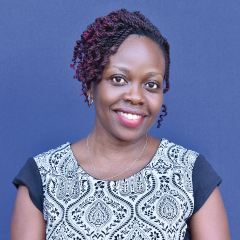
Dr Agnes Kiragga
Theme Lead -Sexually Transmitted Infections
Agnes Kiragga is a Research Scientist and Technical Lead in Data Science at the African Population Health Research Council in Nairobi, Kenya. She previously worked as the Head of Statistics and data management at the Infectious Diseases Institute, College of Health Sciences at Makerere University in Kampala, Uganda. She has a Ph.D. in applied statistics from Makerere University and a Post-Doctoral certificate from a fellowship at Johns Hopkins University, USA. She is the current chair of the Representative Council of the International Biometric Society and is dedicated to mentorship and expansion of analytical capacity in Africa. She has over 15 years of experience handling large, complex, diverse heterogeneous and non-conventional data including longitudinal population cohorts, social media data, cross-sectional datasets, and survey datasets that are collated from Africa and through international collaborations. Her interest lies in the development of Common Data Models (CDMs) that support data sharing and the application of artificial intelligence and data science techniques to improve global health and livelihood in Africa and beyond.
|

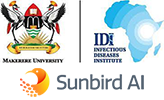 HASH (Hub for Artificial Intelligence in Maternal, Sexual and Reproductive Health) is a consortium consisting of:
HASH (Hub for Artificial Intelligence in Maternal, Sexual and Reproductive Health) is a consortium consisting of:









